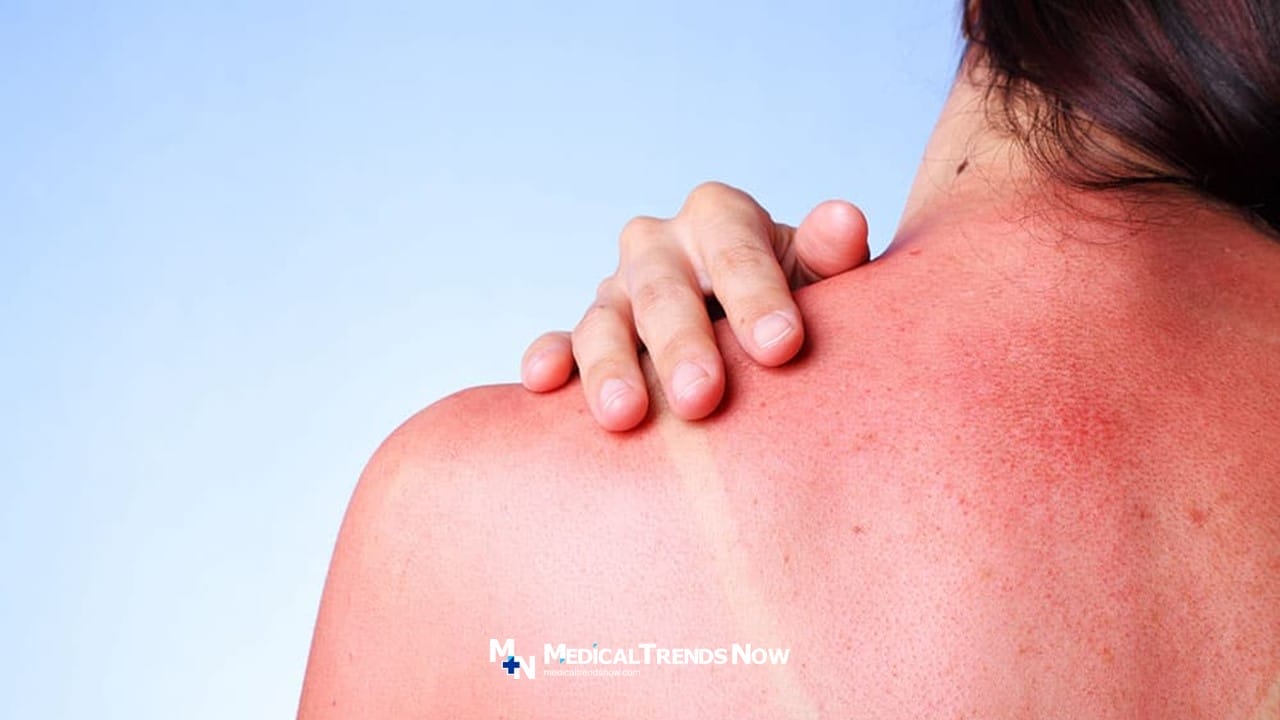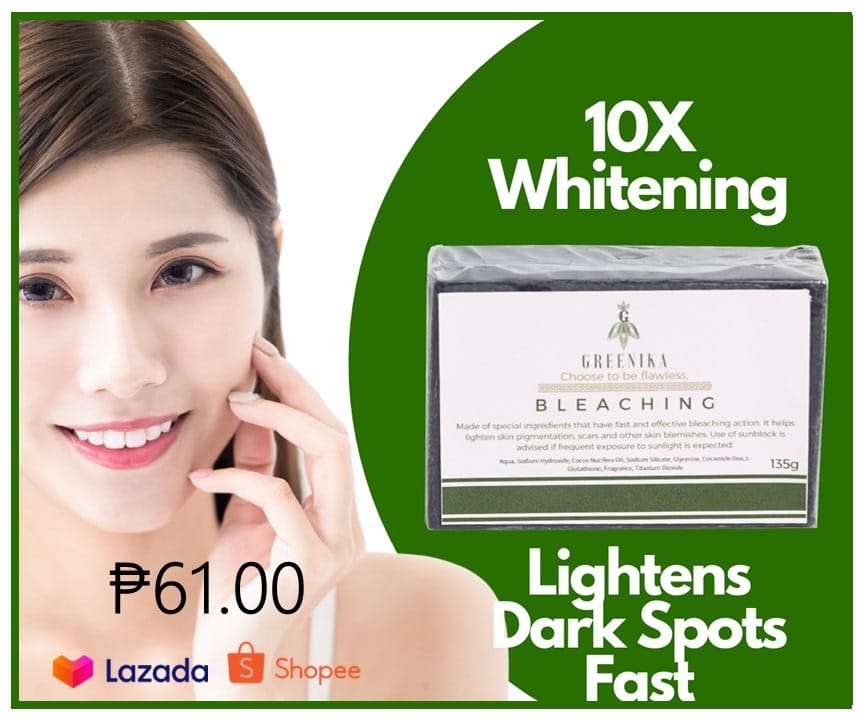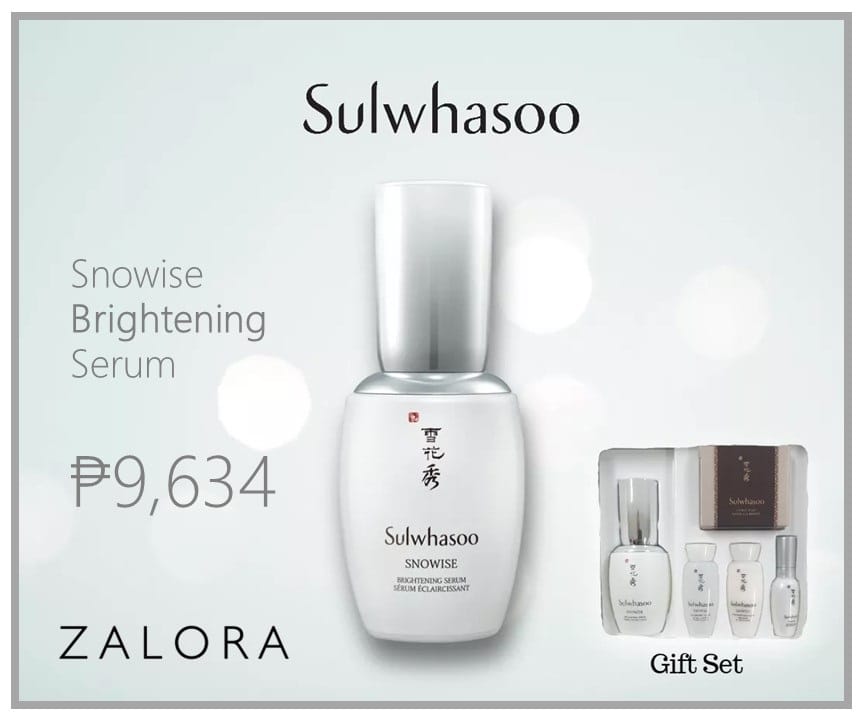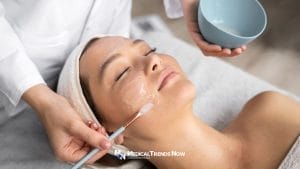Table of Contents
Sunburn is a painful condition that can affect any Filipino, but it’s especially important to take care of yourself when the sun is out. Follow these 7 tips to prevent sunburn this summer:
1. Apply Sunscreen Every Day
Applying sunscreen every day is the best way to protect yourself from harmful sun exposure in the Philippines. Look for a sunscreen that has an SPF of 30 or higher and apply it liberally to all exposed skin. Reapply every two hours or more often if you are swimming or sweating.
2. Stay In The Shade When Possible
When possible, Filipinos must stay in the shade to avoid sunburn. This is especially important during the middle of the day when the sun is at its strongest. If you must be in the sun, wear loose-fitting clothing that covers your skin and apply sunscreen with an SPF of at least 30.
3. Drink Plenty Of Water
When Filipinos are out in the sun, it is important to drink plenty of water to prevent dehydration and keep your skin healthy. Dehydration can cause your skin to become dry and cracked, making it more susceptible to sunburn.
4. Wear Sunglasses
When Filipinos are outdoors, always wear sunglasses that offer 100% UV protection in order to prevent sunburn. Be sure to select a pair that is comfortable and stylish so that you will be more likely to wear them regularly.
5. Use A Hat And Shirt To Cover Your Neck And Chest
If you’re planning on spending time in the sun in the Philippines, be sure to protect your neck and chest with a hat and shirt. These areas are particularly vulnerable to sunburn, so it’s important to take extra care.
6. Reapply Sunscreen After Being In The Sun For Long Periods of Time
When you are out in the sun in the Philippines, it is important to reapply sunscreen regularly to ensure that you are protected from the harmful effects of the sun’s rays. If you are exposed to the sun for long periods of time, be sure to reapply sunscreen every two hours or as directed by the manufacturer.
7. Avoid Direct Sunlight Whenever Possible
While enjoying the outdoors during the summer months, it is important that Filipinos take precautions to avoid harmful sun exposure. One of the best ways to protect yourself from the sun’s harmful rays is to avoid direct sunlight whenever possible. Seek shade under an umbrella or tree, and wear loose-fitting clothing that covers your arms and legs. Also, be sure to apply sunscreen with an SPF of at least 30 to all exposed skin. By taking these simple precautions, you can help prevent painful sunburns and enjoy a safe and fun summer season.
Some FAQs by Filipinos:
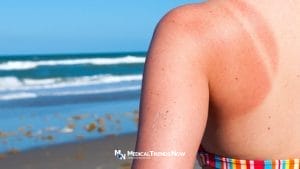
What Exactly Is Sunburn?
Sunburn is a type of radiation burn that occurs when the skin is exposed to ultraviolet (UV) rays from the sun. The UV rays damage the skin cells, causing them to swell and release chemicals that lead to inflammation. Sunburn can cause redness, pain, swelling, and blisters on the skin. In severe cases, sunburn can lead to dehydration, shock, and even death.
What Are The Types Of Sunburn?
There are three types of sunburn in the Philippines: first-degree, second-degree, and third-degree:
First-degree sunburn: This is the most mild form of sunburn and occurs when the skin is exposed to UV rays for a short period of time, such as while you’re out swimming or playing in the sun. First-degree sunburns are the most common and cause redness and mild pain.
Second-degree sunburn: This type of burn occurs when the skin is exposed to UV rays for a longer period of time, such as during a day at the beach. Second-degree sunburns are more serious and cause blistering and intense pain.
Third-degree sunburn: This is the most severe form of burn and occurs when the skin is exposed to UV rays for an extended period of time, such as while you’re sitting in the sun all day long. Third-degree sunburns are the most serious and can cause permanent damage to the skin.
What Are The Causes Of Sunburn?
There are many factors that can contribute to sunburn, including:
- Overexposure to the sun
- Being outdoors in direct sunlight
- Not wearing sunscreen when you are out in the sun
- Wearing clothing that is too tight or too light-colored
What Are The Signs And Symptoms That You Have A Sunburn?
Sunburn is a type of skin damage that occurs when the skin is exposed to too much ultraviolet (UV) radiation from the sun. The most common symptoms of sunburn are:
- Redness
- Irritated skin
- Blistering
- Raised skin
- Swelling
- Dry, cracked skin
- If the sunburn is severe, headache, fever, nausea, and exhaustion may occur.
- Pain or grit-filled eyes
Any exposed body part, including the lips, scalp, and earlobes, is susceptible to burning. If, for instance, clothing has a loose weave that lets ultraviolet (UV) light through, even covered parts can burn. The eyes can burn as well because they are very sensitive to UV light from the sun.
After being exposed to the sun for a few hours, sunburn symptoms frequently develop. If you have any of these symptoms, it’s important to treat your sunburn immediately to reduce the risk of further damage.
When To Call Your Doctor:
Consult a Filipino medical professional if you:
- Get severely blistered
- Develop genital, hand, or facial blisters
- Have a lot of edema in the affected area
- Exhibit symptoms of infection, such as pus-filled blisters or streaks
- Have a headache that keeps getting worse, disorientation, nausea, fever, or chills
- Even with at-home care, deteriorate
- Eye discomfort or altered vision
However, if you get sunburned and have any of the following symptoms, seek immediate treatment from your physician:
- Vomiting
- Temperature of over 103 F or 39.4 C
- Confusion
- Dehydration
- Feeling dizzy or woozy, along with cold skin
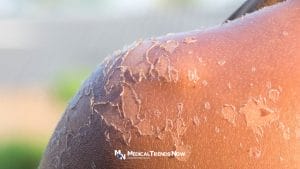
How Is A Sunburn Diagnosed?
Typically, a physical examination is required to diagnose sunburn. Along with your symptoms, current medications, UV exposure, and history of sunburns, your doctor may inquire about these.
Your doctor may advise phototesting if you get skin irritation or a sunburn, even after spending only a little amount of time in the sun. In this test, you are regarded as being sensitive to sunlight if your skin reacts to phototesting. This is termed as “photosensitive.”
What Are The Available Treatments For Sunburn?
There are a number of treatments available for sunburn, depending on the severity of the burn. For mild sunburn, over-the-counter pain medications such as ibuprofen or acetaminophen can help relieve pain and swelling. Cool compresses and moisturizers can also be soothing. For more severe sunburn, oral corticosteroids may be prescribed to reduce inflammation, and topical steroids may be used for local relief. In rare cases, hospitalization may be necessary for severe burns.
How Is Sunburn Prevented?
The best way to prevent sunburn is to avoid being outdoors in the sun for extended periods of time. When you do have to be outside, be sure to wear sunscreen and hats and stay in the shade whenever possible. If you are sunburned, take measures to prop up the affected area and treat any pain with over-the-counter medication.
How Does Sunscreen Prevent Sunburn?
Sunscreen is a type of medication that protects the skin from the harmful effects of the sun. Sunscreen helps to prevent sunburn by blocking the UV rays that cause damage to the skin. Sunscreen should be applied every day, even when you are not going outside, and it should be applied generously to all exposed areas of the skin.
What Are The Types Of Sunscreens And What Are Their Benefits?
There are two types of sunscreen: physical and chemical. Physical sunscreen consists of ingredients that are physically incorporated into the skin, such as zinc oxide or titanium dioxide. Chemical sunscreen ingredients, such as oxybenzone and octinoxate, are absorbed into the skin and then undergo a chemical reaction that causes them to form a protective barrier against the sun’s rays.
Physical sunscreen is the most effective type of sunscreen because it provides broad-spectrum protection against both UVA and UVB. On the other hand, Chemical sunscreen is less effective than physical sunscreen, but it is more water-resistant and doesn’t irritate the skin.
Both types of sunscreen should be applied liberally every day, even when you are not going outside.
What Are The Possible Home Remedies To Help Treat Sunburn?
Moisturize: Apply a moisturizer to sunburned skin as soon as possible. This will help to soothe and protect the skin.
Cool Compress: Place a cold, damp cloth on the burn for 10 minutes every two hours.
Soothe With A Hydrating Cream: Apply a hydrating cream to sunburned skin twice a day. Choose one that is fragrance-free and has SPF 30 or higher.
Take Ibuprofen: Ibuprofen can help to alleviate pain and swelling. Take it as soon as possible after being sunburned.
Eat Sunflower Seeds: Eat a handful of sunflower seeds every day to help reduce the risk of developing skin cancer which may be caused by severe sunburns.
Conclusion
These are some simple tips that will help Filipinos prevent sunburn in the summer and enjoy them without worrying.
Resources:
- Treating and Preventing Sunburn – PIH Health
- 10 Tips for Protecting Your Skin from the Sun – Cancer.net
- Sunburn: Treatments, home remedies, and prevention – Medical News Today
- Sunburn and sun protection – Healthdirect
- How to prevent a sunburn (and what to do if you have one) – CRMC
- Sun Safety | Skin Cancer – CDC

